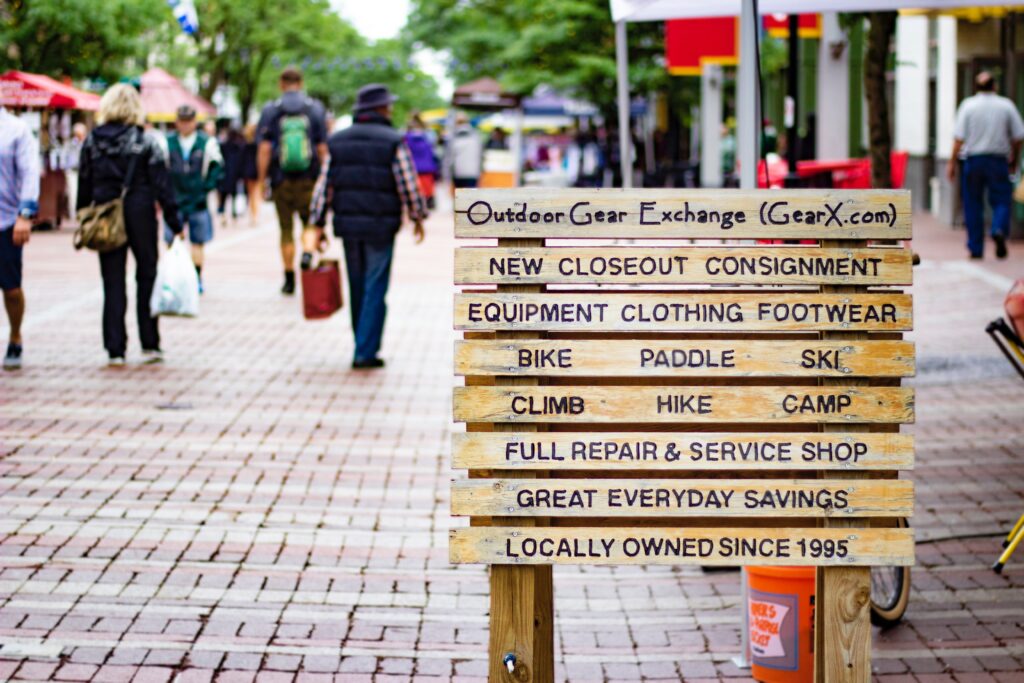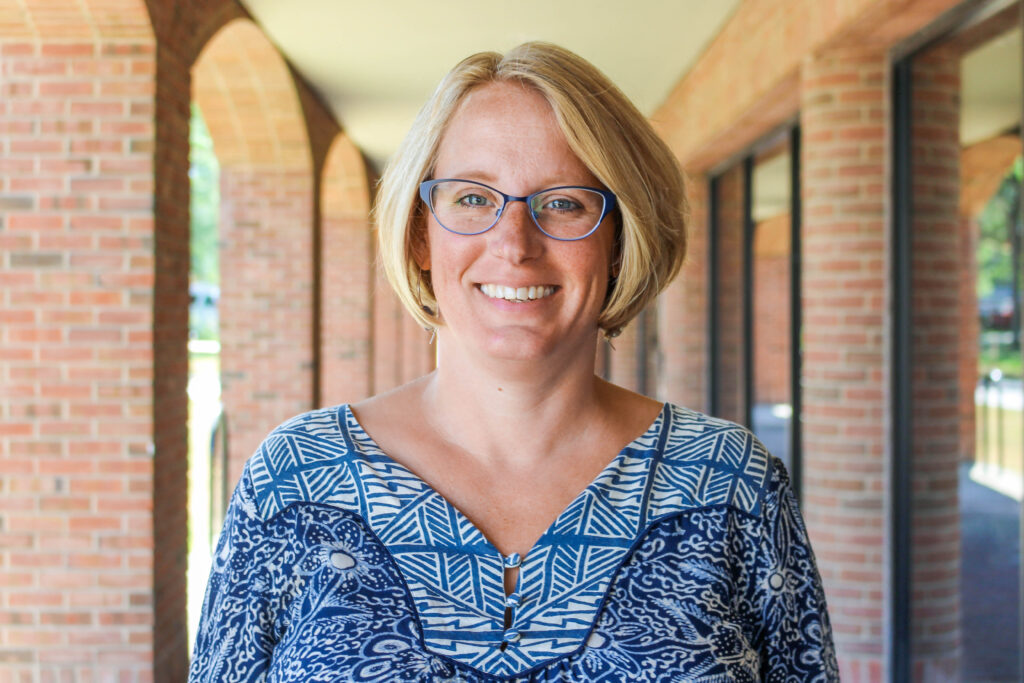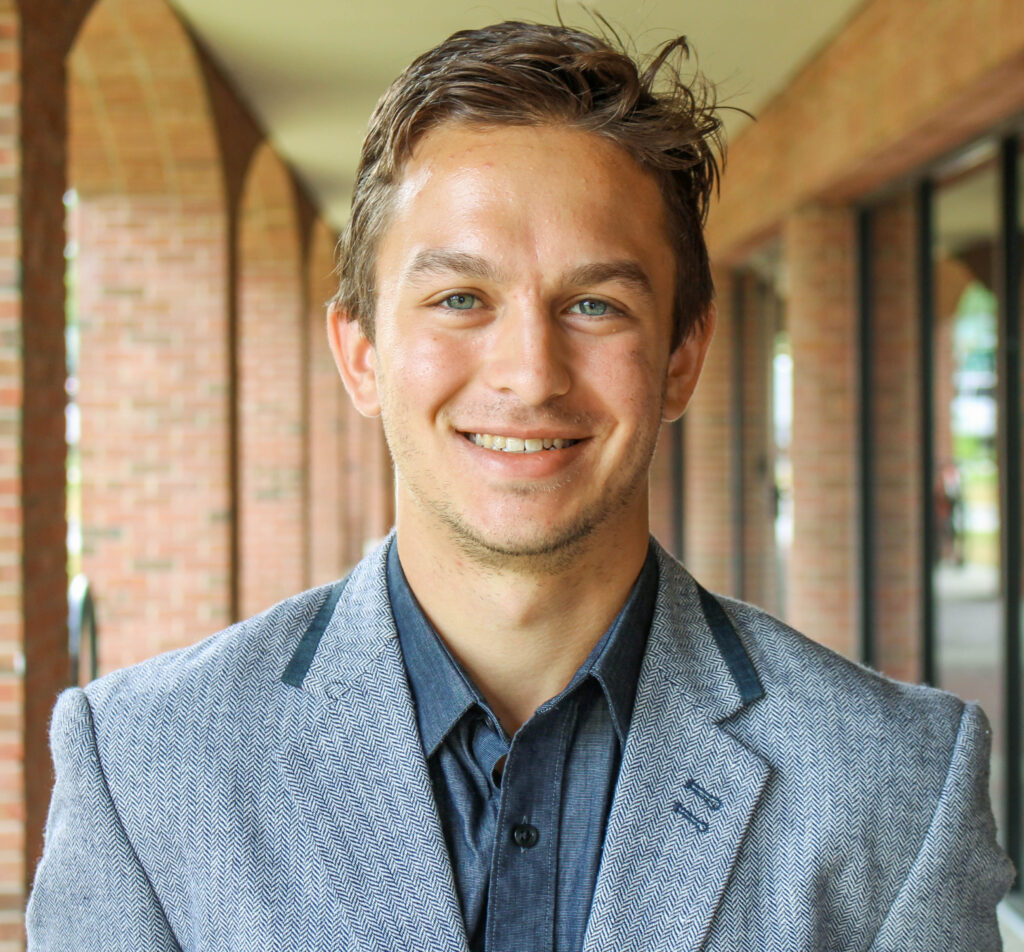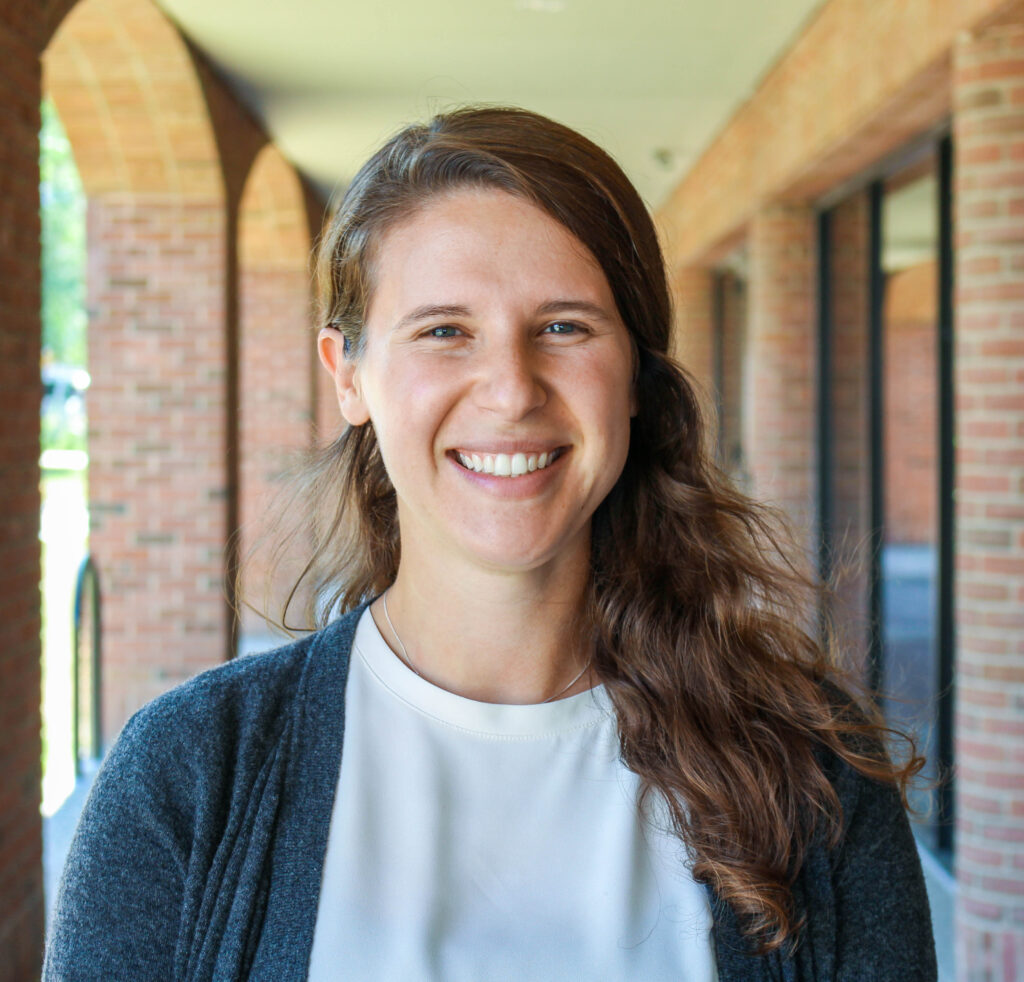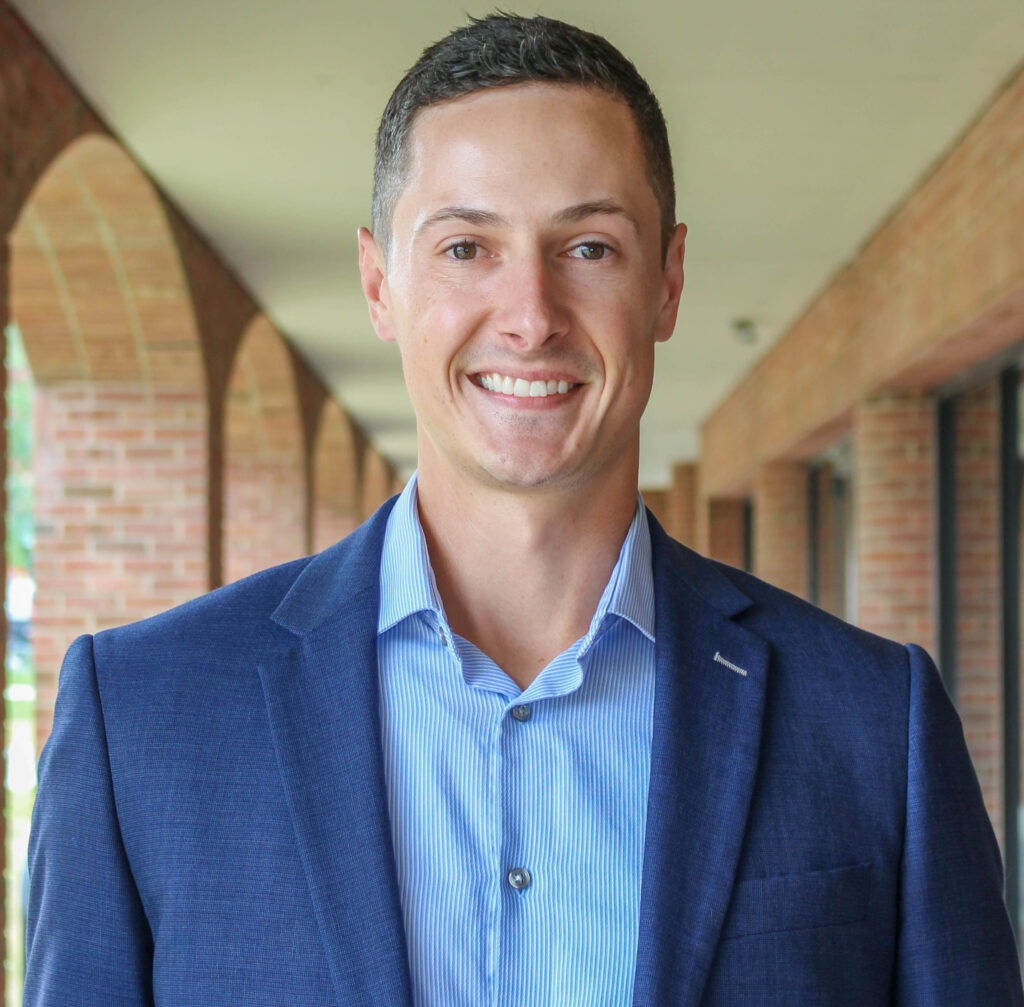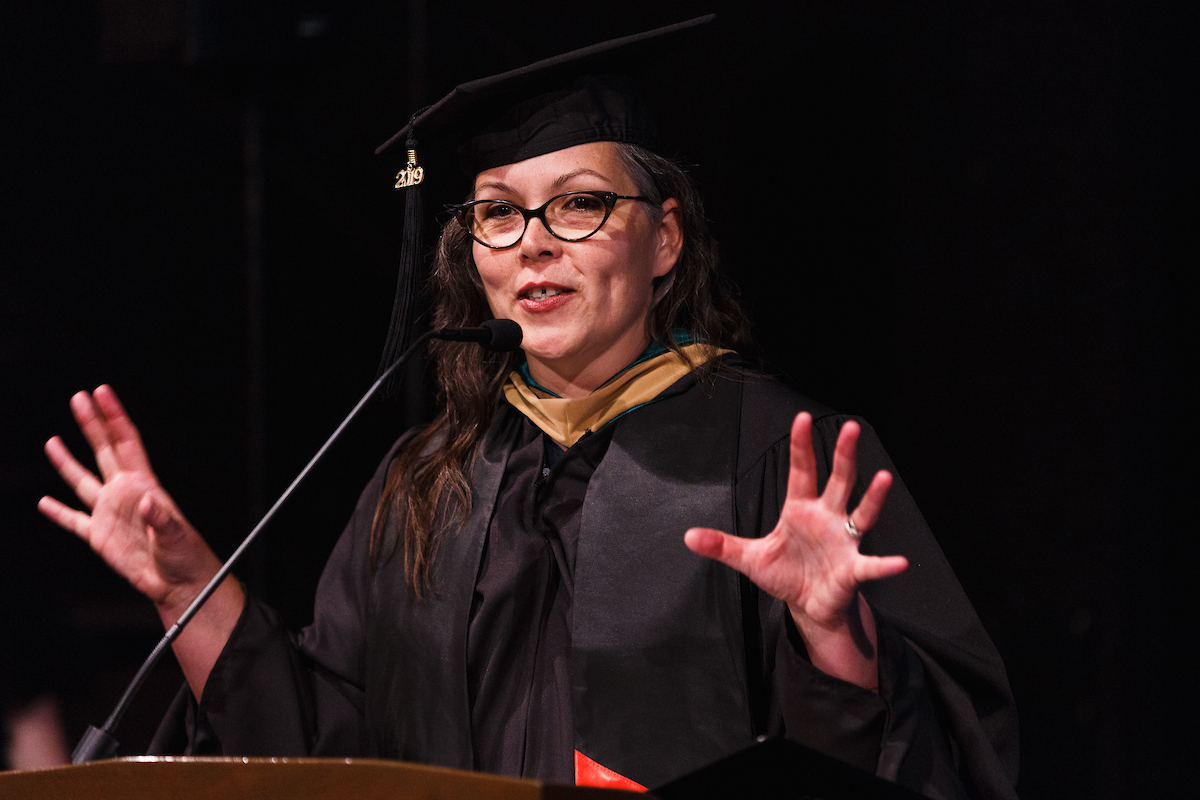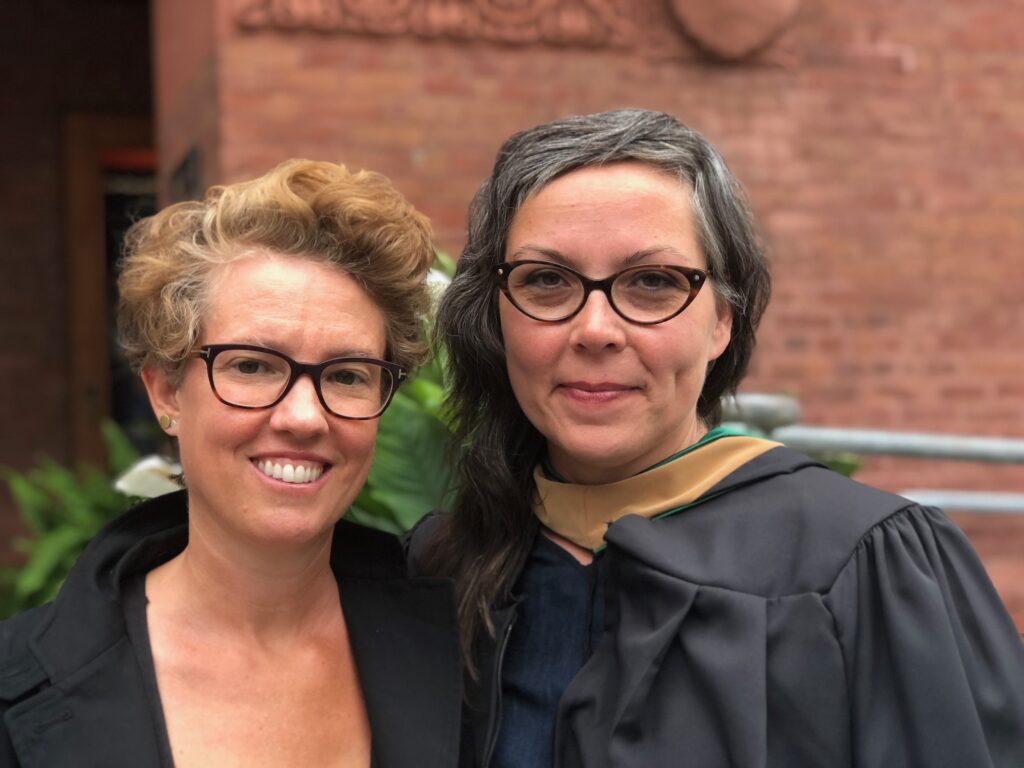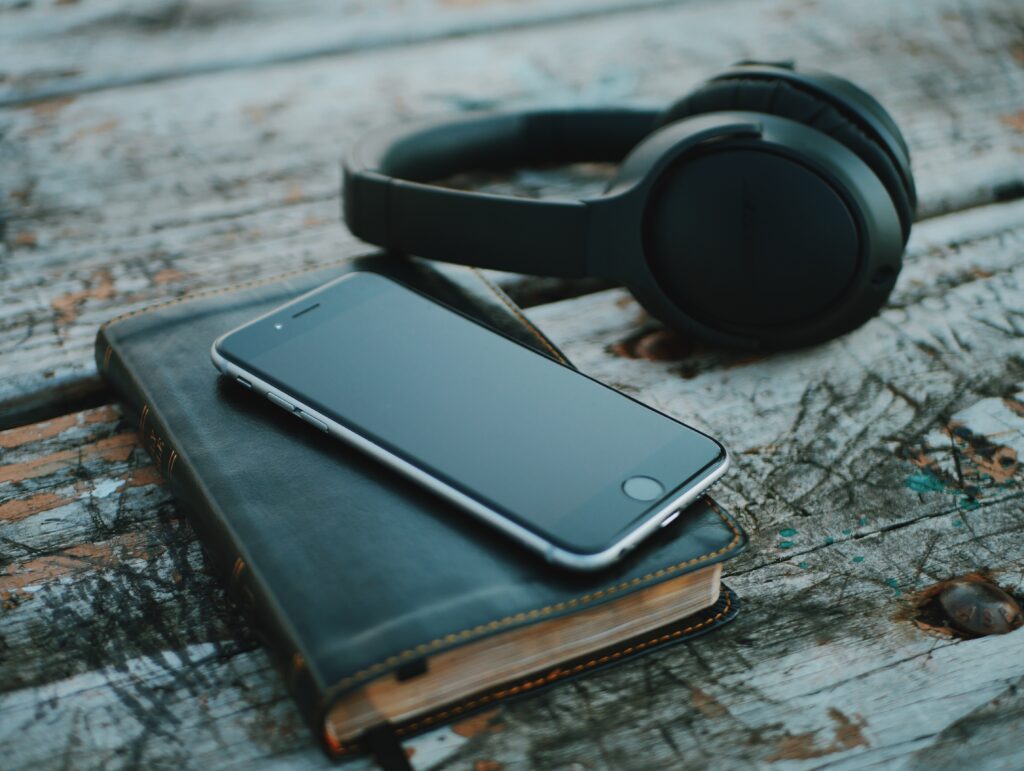This post was written by Than Moore ’20. Connect with him on LinkedIn.
Before matriculating to business school, I worked full time as an emergency medicine physician assistant at the University of Vermont Medical Center. I, along with my colleagues, was solely focused on maximizing patient care. My responsibilities included diagnosing and treating patients of all ages and acuity levels. The clinical world became my home. Putting on scrubs every day to go into the hospital, I join the hundreds of other employees working towards a similar mission of delivering the highest level of patient care. The ability to practice and treat members in my community is a privilege. It is one of the greatest accomplishments with which I can relate. However, it can also monopolize your life, and is forever demanding. It becomes nearly impossible to pause and observe the system in which we operate. The pursuit of my MBA disrupted the traditional linear trajectory of my medical career and provided the time and space to refocus the lens in which I viewed the world.
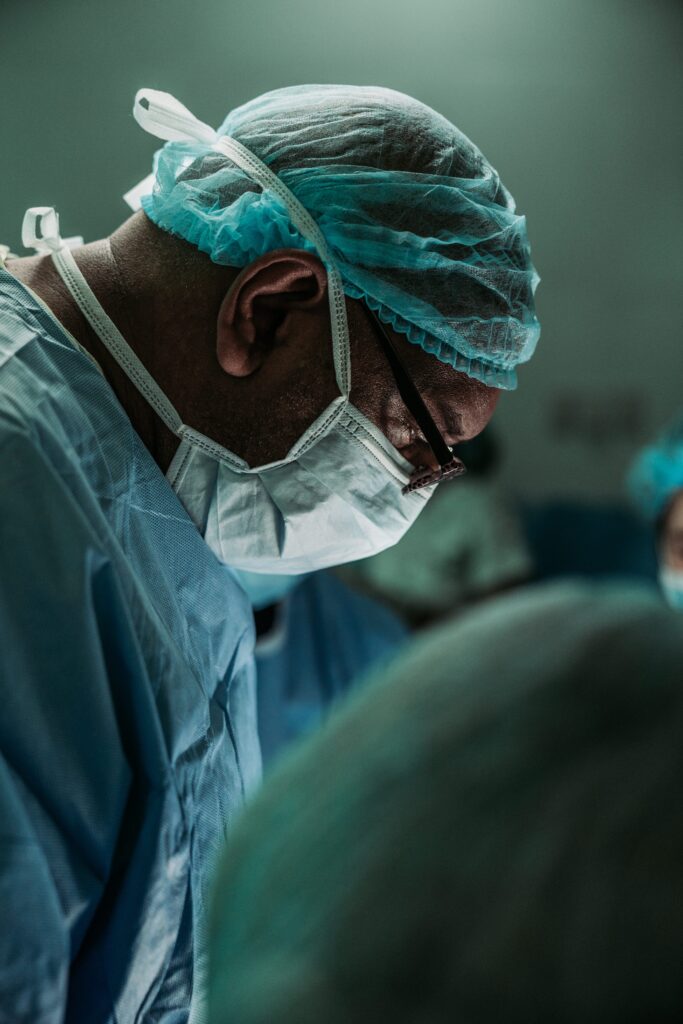
Medicine is a vortex. To become a doctor, one must dedicate years of commitment to the craft. You must first complete prerequisite coursework before donating countless years toward schooling, residency, and fellowship. By demonstrating academic and clinical excellence and passing more tests than one could imagine, it then becomes time to start your clinical practice. The journey is arduous, but the reward to grant another breath to a gasping loved one is worth all the effort. Medicine becomes an addiction. We are slaves to the system to glean all the knowledge we can to optimize our performance. It monopolizes our lives with long days, demanding call schedules, and tragic cases that keep us up at night. However, I was granted the opportunity to take a sabbatical from my clinical responsibilities and observe the field from the outside.
I first learned of The Sustainable Innovation MBA (SI-MBA) program at UVM from a friend who knew of my love of academia and solving problems. Sustainable business became the perfect blend of my undergraduate analytical mathematical degree, my medical background, and my passion for the environment and society as a whole. Embedded in the curriculum are quantitative business skills such as finance, accounting, and economics, but there are also fundamental organizational skills taught through courses on corporate social responsibility, sustainable leadership, and teamwork. The focus of the coursework is to optimize a sustainable enterprise by maximizing the triple bottom line: people, profit and the planet.
The beauty of the SI-MBA program is that one can personalize their education to incorporate individual interests. For example, I am fortunate to tailor my business research and projects towards medicine. Subsequently, I wish to highlight ways in which the triple bottom line educational model has broadened my perspective to incorporate sustainability into fundamental daily operations in both the medical community and greater society.
People:
To begin, people are at the core of all operating systems. Our world revolves around successful human interactions. The ability to collaborate with one another stems from leadership and teamwork skills. Group work is a fundamental component in the SI-MBA curriculum. During each of the module terms, every student is designated a team. The team is responsible to execute all projects, presentations, and assignments together. Rarely, do you see employees working alone, so why should academics reflect that?
Medicine, in particular, revolves around team collaboration. With the blending of specialties and skills to navigate different disease processes, we are constantly reliant on our colleagues for their expertise. If a trauma victim presents requiring extensive resources, multiple hands are needed to gain IV access, deliver medications, perform diagnostic studies, and make life altering decisions. One could not operate alone in such a high stress environment. By maximizing team collaboration, executing impeccable leadership qualities, and maximizing the potential of all skilled team members, a team can perform at its highest capability. Medical schools are paying more attention to these traits by focusing efforts on team based learning; however, the ability to acquire these skills outside of medicine through my coursework and integrate them back into the clinic will become a critical asset in my performance as a provider.
Continue reading “A Sustainable Innovation MBA Disrupts The Medicine Vortex”

